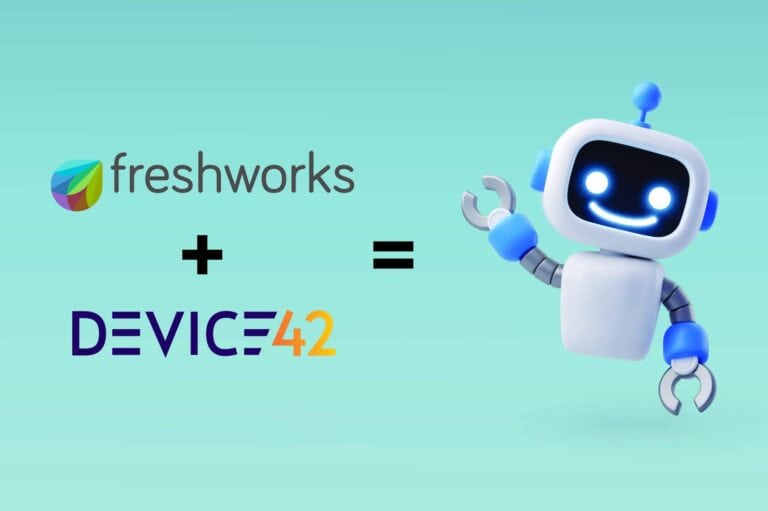 In 2014, I trained for my first marathon. It was a journey that included changes to every aspect of my life, from eating to sleeping to training and changing my daily habits.
In 2014, I trained for my first marathon. It was a journey that included changes to every aspect of my life, from eating to sleeping to training and changing my daily habits.
Table of Contents
ToggleRunning for miles gave me a lot of time to think, and one of things I thought about was how training for a marathon has a lot to teach me about IT service management (ITSM).
In this article, I’m going to talk about just a few of the lessons I learnt. There was also a bonus lesson for me to learn about procrastination – I didn’t think it would take me 2 years to put a blog together…
Lesson 1: Goals drive changes in behaviour
Lots of people want to run a marathon. Lots of people want to be thinner, or fitter, or stop watching so much television. Without putting a specific goal in place, all of these ambitions are vague and very unlikely to happen. The first step is to create a specific goal. What is the desired end state we’re trying to get to?
When I decided to do a marathon, the first thing I did was find a race to enter. This gave me a deadline and a point to work back from.
If I’d set myself a goal of ‘just run more’, I don’t think I would have made it very far at all. Having a goal provided a start point, an end point and the possibility of (personal) shame if I missed my goal.
Some additional mini-lessons
- Goals can be terrifying, so you might need some help from a coach or a community
- Goals need to be realistic. Can I run a marathon? Yes. Can I win the Olympic marathon? No.
Lesson 2: Goals need to be translated into day to day activities
Goals can be pretty massive. It might be realistic for some people to go out and run a marathon tomorrow, but for me in my then state of fitness, it was never going to happen.
I had to break my goal down into a plan, with mini-goals and steps along the way. Following my plan helped me feel like I was making progress and achieving something, and it also meant I could identify when I was going off-plan and needed to make a course correction.
Additional mini-lesson
Adopting new ITSM behaviours is all about changing habits. This takes (on average) 66 days. Be realistic about how long it’s going to take for any type of new behaviour to bed in.
Lesson 3: People might not be getting in your way on purpose
My pet hate when I was running was people who travelled in large packs, strung out across the pavement and getting in my way. Often, I had to jump into the road or off the path to get past them without slowing my pace.
Were they put there to deliberately annoy me? Not at all. They were just going about their own daily business without understanding what I was doing or why.
When you’re changing ITSM behaviours in your own organisation, you’ll experience the same thing. People who block you aren’t necessarily doing it on purpose – but they don’t understand what you’re trying to do or why. Communication is essential. I learnt to say “excuse me” very loudly.
Lesson 4: Don’t ignore the niggles
“Train through the pain”. This is one of the worst ideas I came across as I prepared for my marathon. Every scrape, niggle or chafe was a warning sign that I needed to change something. As I pushed my pace and my training distances increased, I needed to treat those niggles before they turned into something more serious.
If you spot your ITSM project is drifting, don’t ignore it. Find the problem and address it before it grows. I suppose we could call it shift left thinking for runners.
Lesson 5: Change takes longer than you think
This one is true for every single type of change I can think of, from diet and lifestyle through to organisational change. Be very wary of sitting back and thinking ‘job done’. Even in the last weeks of my training I had mental wobbles, days when I fell of the healthy eating wagon and doubts about what on earth I was doing. Until I crossed that finish line, my goal was always in doubt.
How did I do?
My goal for the marathon was sub 5 hours. I managed it in 4 hours and 58 minutes. I haven’t run another marathon since.






